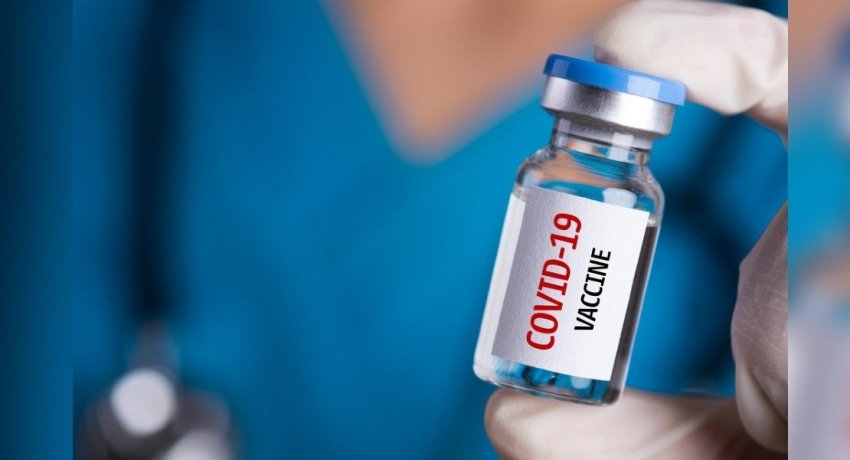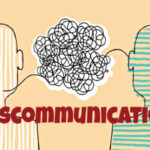Misinformation and rumours about COVID-19 vaccines are among the reasons for hesitancy in taking COVID-19 vaccination.
They are often circulated via social media networks, friends and family, and religious and traditional leaders and organisations among others.
- NIGERIA DAILY: How Bread Turns People’s Lives Upside Down
- 30 coys currently producing liquid steel in Nigeria – Group
Some of them include that the speed with which the vaccines were produced makes them unsafe, that the vaccines cause infertility, have tracking devices, and that one can get COVID-19 infection from the vaccines.
Others include that they alter genetic codes, cause deaths and severe side effects/allergic reactions occur.
Ladidi Bako-Aiyegbusi, the director and head, health promotion division of the Family Health Department in the Federal Ministry of Health, advised the public to rely only on information from authentic organisations and their websites for information on COVID-19 vaccines and other health matters.
She said they could check and get appropriate information about health issues from organisations such as the Federal Ministry of Health, the National Primary Health Care Development Agency (NPHCDA), the Nigeria Centre for Disease Control (NCDC), and the World Health Organisation (WHO).
She said there were also health promotion officers at the state level in the 36 states’ ministries of health and the Federal Capital Territory (FCT) and in the 774 local government promotion divisions using all the available channels of communication at their disposal to disseminate correct information to encourage people to go and take the COVID-19 vaccine.
On misinformation on social media, the NPHCDA said social media users should authenticate sources of information before believing or sharing them across platforms.
It said inquiries, complaints, and clarity on vaccine-related issues should be sent to NPHCDA, NCDC or partner agencies such as WHO and UNICEF, adding that its social media team is always available to respond swiftly to any enquiries.
Prof. Umaru A. Pate, Vice Chancellor of the Federal University, Kashere, Gombe State said debunking the loads of fake information about the COVID-19 vaccination should be multifaceted and should not be medicalised or highly politicised.
He said efforts should focus on:
-Active leadership involvement at all levels
-Community engagement
-Informed media engagement
-Intensive awareness campaigns debunking rumours and negative theories.
-Promotion of media and digital literacy among young people (to learn to be critical in consuming social media messages)
-Avoidance of mixed messages particularly by opinion leaders.
UNICEF also gave the following tips on how to respond to misinformation and rumours about COVID-19 vaccines:
-Do not scare, humiliate or accuse another person even if you do not agree with him or her. Although you may be right, a feeling of resentment can evoke angry responses from your friends or family members.
-Don’t focus on the negative examples from other people because it may lead to its adoption. People tend to act as others do – ‘if others are not doing it, why should I?’, ‘If others do this, so can I’.
-Don’t persuade people whose viewpoints are wrong. Efforts to debunk deeply rooted myths are not only ineffective but may re-enforce these misconceptions. By highlighting some relevant examples, you allow your friends the opportunity to change their position without losing confidence,
-Don’t repeat myths. People often memorize inaccurate information, so it makes sense not to debunk myths, but rather to create a different storyline. Respond to myths with simple and catchy facts.

 Join Daily Trust WhatsApp Community For Quick Access To News and Happenings Around You.
Join Daily Trust WhatsApp Community For Quick Access To News and Happenings Around You.


